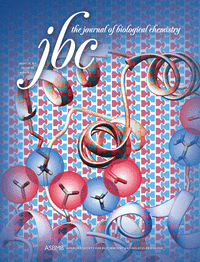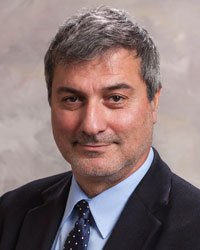
A UK academic who’s lived in Thailand for decades has just been released from the Bangkok airport where he had been held for four days, the apparent result of his years-ago decision to expose a Thai official who had plagiarized his PhD thesis.
A university investigation several years ago eventually found that Wyn Ellis was, indeed, correct: Supachai Lorlowhakarn, a director of a Thai agency involved in intellectual property rights, had plagiarized 80% of his thesis about asparagus cultivation from other sources. In 2012, Times Higher Education reported that Supachai Lorlowhakarn lost his doctorate degree.
But when Ellis — a consultant and coordinator for the UN’s Sustainable Rice Platform based in Thailand — arrived at the Bangkok airport on Thursday, says The Guardian:
immigration officials showed him a 2009 letter in which Supachai describes him as a “danger to Thai society”.
Yesterday, he was freed: Continue reading Whistleblower released after being held for 4 days in Bangkok airport







